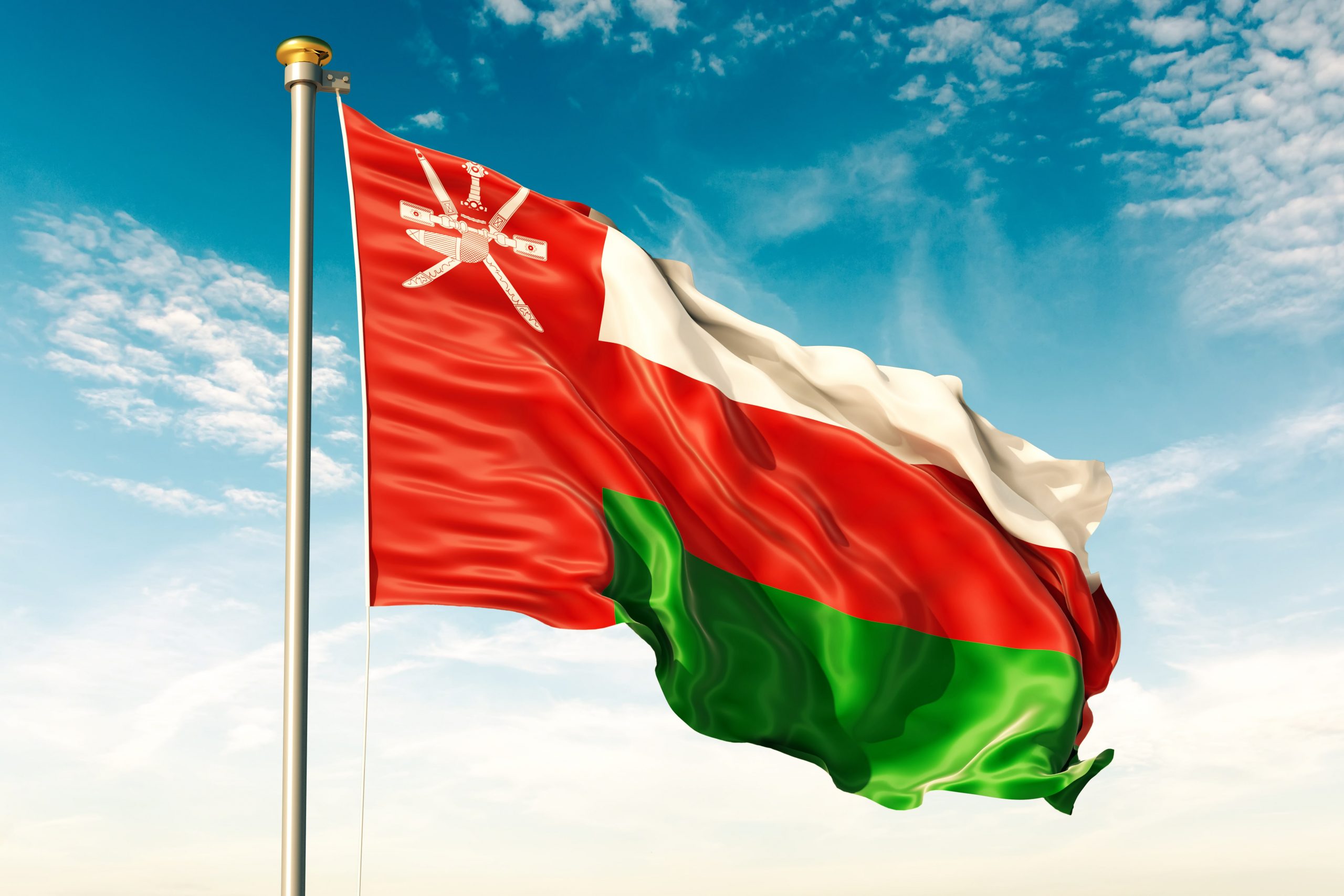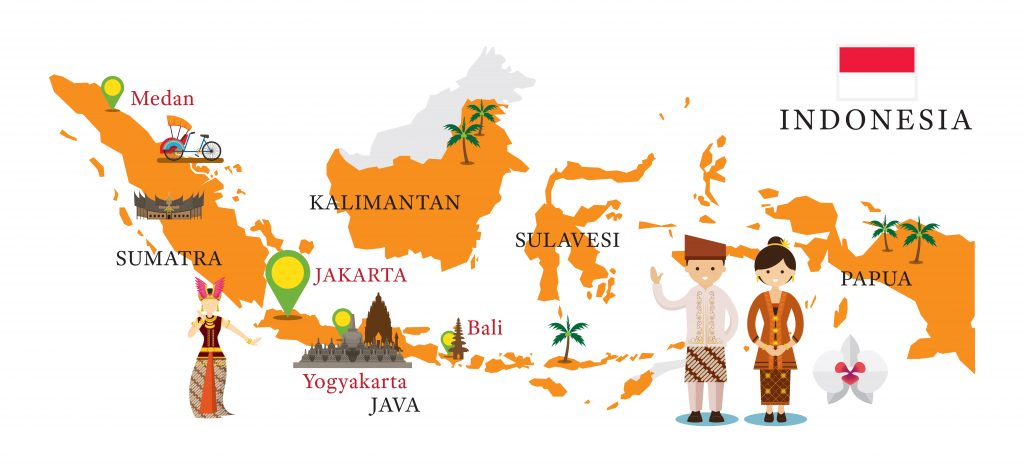This site uses cookies to provide you with a great user experience. By using BondbloX, you accept our use of cookies.
Bond Market News
Suntec REIT, CDB Launch S$/$ Bonds; UK, Oman, Genting Downgraded; Boeing 737 Max Gets Approval to Fly
October 19, 2020

.png?width=1400&upscale=true&name=US%20Benchmark%20%26%20Global%20Indices%2019%20Oct%20(1).png)
After moving ~1% higher mid-day, S&P ended flat on Friday. The energy sector lagged, down over 2% while utilities and healthcare were up over 1%. This week sees Intel, Tesla, Netflix, American Airlines and Verizon report earnings amongst others. US 10Y Treasury yields inched higher by 3bp with US retail sales for September higher than expectations at 1.9% while German Bund yields fell 3bp with inflation muted in the Eurozone. Vaccine hopes before 2021 have also emerged over the weekend. US IG and HY CDS spreads were flat while Europe IG and Crossover CDS spreads were tighter by 2bp and 10bp respectively. Asian equities are off to a positive start, higher ~0.8% with Asia ex-Japan CDS spreads flat.
Back on popular demand, our masterclass on Bond Valuation & Risk will take place this Thursday, October 22 at 7pm Singapore/HK. Sign up to learn more about the factors that impact bond prices and risks to bond investing. We have also launched a new masterclass – A Practical Introduction to Bonds – for investors that would like to learn more about bond basics. This class is scheduled for next Wednesday, October 28 at 7pm Singapore/HK.
New Bond Issues
- Suntec REIT S$ Perp NC5 @ 4% area
- China Development Bank $ 5/10yr @ T+110/130bp area, EUR 3yr @ MS+80bp area
- KDB $ 3yr social/5.5yr @ T+70/80bp area

China Minsheng Banking Corp Hong Kong branch raised $500mn via 3Y bonds to yield ~1.12%, 90bp over 3-month LIBOR and 45bp inside initial guidance of 3mL+135bp area. The bonds, with expected ratings of BBB–, received orders over $2.25bn when final guidance was announced, 4.5x issue size.
Urumqi Gaoxin Investment and Development Group raised $300mn via 3Y bonds to yield 4.75%, 55bp inside initial guidance of 5.3% area. The bonds, with expected ratings of BB+, received orders over $760mn when final guidance was announced, 2.53x issue size.
New Bonds Pipeline
Hubei Science Technology $ Bond
Meituan $ Bond
Straits Trading SGD Bond
China Everbright $ senior Perpetual
India Green Energy (ReNew Power) $ 3.5Y Green Bond
Wenns Foodstuff debut $ Bond
Peak Reinsurance $ subordinated Perpetual
Rating Changes
Moody’s downgrades the UK’s ratings to Aa3, outlook stable
Oman Downgraded To ‘B+’ By S&P On Rising Net Debt Levels; Outlook Stable
Fitch Downgrades Genting to ‘BBB’ Mainly on Slower Gaming Recovery; Outlook Stable
Moody’s downgrades Pan Brothers to Caa1; outlook remains negative
Corp Group Banking S.A. Downgraded To ‘D’ From ‘CC’ By S&P On Nonpayment Of Its Bond Coupon
Gulfport Energy Corp. Downgraded To ‘D’ By S&P On Missed Interest Payment; Debt Ratings Also Lowered
Moody’s downgrades Gulfport notes to Ca
Fitch Downgrades International Personal Finance to ‘BB-‘; Watch Negative
Moody’s upgrades SoLocal to Caa1 from Caa3 upon completion of debt restructuring; outlook stable
The Week That Was
US IG issuance volumes were down 40% for the week ended October 16 at $16.98bn while HY issuance was down 6% to $7.75bn on the back of the Columbus day holiday last Monday. US Investment Grade option-adjusted spreads (OAS) are around the tightest levels since March at 134bp. European G3 issuance was higher over 50% to $22bn while LatAm was muted at $1.26bn vs $2bn in the week before. Asia ex-Japan saw 27 new issues after a muted week before that, which saw only 5 new bond issues due to the ‘Golden Week’ holidays. In terms of issuance volume, Asia ex-Japan saw new bonds worth $16.6bn with new bonds issued by prominent names such as China (sovereign), Bank of China, BEA, COFCO, Country Garden, SMC Global and JSW Steel.

Oman Downgraded by S&P to B+, Lowest Among The Three Majors
S&P downgraded Oman by one notch to B+. This is S&P’s second downgrade of Oman this year, following Moody’s and Fitch’s downgrade in June and August (also for the second time this year) to Ba3 and BB- respectively. The B+ rating makes S&P’s rating the lowest among the three main agencies on a comparable scale. The primary reason for the downgrade is an expectation of worsening net debt levels.
S&P expects gross and net debt to be at 85% and 34% of GDP in 2022 while they are set to be at 84% and 15% respectively for 2020. This would be a significant increase to gross and net debt of 60% and -3.1% in 2019. 70% of Oman’s gross debt is in foreign currency. Overall, the implication is that reserves/cash buffers would be affected by muted oil price growth and the pandemic recovery. S&P expects Oman’s total funding needs to remain high at ~20% of GDP for 2021-22 as they fund their needs over the next three years primarily through external debt. They calculate external debt payments of $4.3bn, and $6.4bn in 2021 and 2022, a total of ~7.5% of GDP. Oman has Eurobond repayments of $1.5bn in 2021 and $1bn in 2022 as per Reuters data. S&P notes that they also have a $3.55bn loan from Chinese banks, $2.7bn of an amortizing bond, $4bn in pre-export financing, $1bn in other loans and $330mn in Islamic Sukuk. Forex Reserves currently stand at ~$17bn. 50% of the debt pile of Government Related Enterprises (GREs) (~40% of GDP) is held in foreign currency, of which 30% is guaranteed by the government. This further adds to the deteriorating debt profile. A positive for Oman’s credit worthiness is the support of other GCC countries. Recently, the IMF had revised GDP forecasts lower for the gulf countries with Oman hit the most among them with a 10% contraction. The IMF also expected all gulf countries except Oman to get back to growth next year with Oman at -0.5%. In the tables below, we have listed a history of rating actions on Oman and a comparison of Oman with other countries from the region.


Oman’s 6% and 6.75% bonds due 2029 and 2048 are up ~0.3/0.2 points to 96 and 88.5 cents on the dollar respectively.
For the full story, click here
UK Downgraded by Moody’s to Aa3
Moody’s downgraded the United Kingdom (UK) to Aa3 from Aa2 whilst changing the outlook to stable from negative. Ratings by S&P and Fitch for the UK are currently at AA (stable) and AA- (negative). Moody’s downgrade of the UK was the second this year among the top three agencies. The driving factors for the rating were three pronged:
- Covid-related impact on growth and negative long-term dynamics due to Brexit. Moody’s sees a sharper peak to trough contraction for UK due to the pandemic than any other G-20 economy due to the increased level of interaction in the services sector and overall restrictions
- Weakening fiscal strength – which includes the increased government debt (currently over 100% of GDP from 85% last year) due to Covid and even pre-Covid plans. The mitigant to this is high affordability due to lower cost of funding and a reserve currency status
- Weaker institutional policy effectiveness which is a function of Brexit and the pandemic.

The stable outlook was a function of the upside/downside risks being balanced and that debt will stabilize over time. UK sovereign bonds traded stable on the secondary markets.
For the full story, click here
Genting Downgraded to BBB from BBB+ by Fitch
Fitch has downgraded the leisure and hospitality multinational Genting Berhad (Genting) and its wholly owned subsidiaries, Genting Overseas Holdings Limited (GOHL) and Resorts World Las Vegas LLC (RWLV) to BBB from BBB+ on slower than forecasted recovery from the pandemic. The rating action considers the adverse affect on tourism especially in Singapore due to social distancing measures as well as the restrictions on entry to foreigners. The rating agency also acknowledges Genting’s diversified position and the fact that it is the sole casino-license holder in Malaysia and has a robust share in Singapore’s market. The ratings of GOHL and RWLV are in line with those of its parent. In May, the company was also downgraded from BBB+ to BBB by S&P and to Baa2 from Baa1 by Moody’s and in August Genting Hong Kong, formerly Star Cruises, stopped payments to creditors citing that the funds are required to maintain critical services.
According to the rating agency, Genting has fair amount of liquidity and there are “no significant debt maturities until 2027” when its $1.5bn bond is due. This would allow the company to execute its capex without reliance on external debt. GOHL’s 4.25% dollar bonds due 2027 traded at ~100.5 points, down 0.19 and RWLV’s 4.625% dollar bonds due 2029 traded at ~94.5 cents on the dollar, down 0.35 points.
For the full story, click here
Boeing 737 Max All Set To Take To The Skies After Approval from Regulators, Bonds Move Up
The grounded Boeing 737 Max could return to the skies before the year end after executive director of the European Union Aviation Safety Agency (EASA), Patrick Ky said that the Max Flight Control System (FCS) “had met the watchdog’s requirements.” Civil aviation authorities and airline flight crew from the US, EU, Canada and Brazil had reviewed Boeing’s proposed training for 737 Max flight crews during a multi-agency nine day review at Gatwick airport last month. The 737 Max fleet was grounded last year due to a faulty FCS, which resulted in two crashes killing all 346 on board. The 18-month grounding has already cost Boeing ~$18 billion. Federal regulators are also evaluating changes to the flawed design and last month FAA Administrator, Steve Dickson, had taken a two-hour test flight. After the flight he had commented that “I like what I saw on the flight,” while adding, “That doesn’t mean I don’t have some debrief items going forward,”. In related news, American Airlines also revealed on Sunday that it plans to fly the Max fleet by the year end subject to FAA certification.
Boeing’s long-dated bonds have seen larger volatility compared to its short dated bonds, as expected. After the news, its long-dated bonds traded up with its 5.805% 2050s up 2.21 points to ~122.6, while its 3.85% 2048s up 3.6 points to ~93.4 cents on the dollar.
For the full story, click here
Evergrande Says It May Buyback Dollar Bonds In a Bid To Prove Its Sound Financial Position
China Evergrande Group, infamous for being the most-indebted developer in the world, announced at an investor meeting organized by Bank of America on Friday that it may buyback some of its outstanding dollar bonds in another bid to boost investor confidence, as per people familiar with the matter. The company is also exploring options to repay its HKD 18bn ($2.45bn) convertible bond due in February. The options being considered are full repayment, a tender offer or an exchange offer. The Evergrande officials also stated that the Chinese government may introduce measures to support property developers “either by the end of this month or early next month, allowing firms to swap short-term debt into long-dated obligations to keep the real estate market stable”.
Evergrande has been in the news for the past few weeks with regards to its financial position, which led to increased volatility in its bonds and stock prices. Most recently, Evergrande’s creditors were said to be reducing its exposure to the group, which concluded a share issuance worth $555mn, half of what was originally planned last week. Evergrande’s 11.5% 2022s and 8.75% 2025s traded up by ~0.3/0.4 points to 88 and 73 cents on the dollar respectively.
For the full story, click here
Term of the Day
Dim Sum Bonds
These are bonds denominated in offshore Renminbi (CNH) and issued outside China (mostly in Hong Kong). The first dim sum bond was issued in 2007 by China Development Bank – a 2Y offshore RMB bond in Hong Kong, with a 3% coupon and size of RMB 5bn ($750mn). These instruments get their name from dim sum, a popular delicacy in Hong Kong. Dim sum bonds are typically issued by issuers that have a need for Renminbi but do not want to go through regulatory approvals as dim sum issuance are not subject to regulatory approval from mainland China or Hong Kong, provided that they are sold to professional investors.
As of 2019, most dim sum bonds were issued by financial corporations, followed by the real estate and industrials sectors while most dim sum issuances were from China. Today, the Agricultural Development Bank of China has hired banks for an offshore RMB offering – a dim sum bond.
Talking Heads
On rising Federal debt unlikely to crash the US dollar – Larry Summers, former US Treasury Secretary
“The dollar is the world’s safe haven. It’s the place that money moves into when people get nervous about the state of the world,” Summers said. “All of the dangers are on the side of spending too little right now, rather than spending too much,” said Summers. “The fact that we’ve got an interest rate that’s essentially zero is telling us that the funds are available, and they are not going to crowd out anything important,” Summers said.
On economic risks skewed ‘very heavily’ to downside – Andrew Bailey, Bank of England Governor
“Ten percent is still a huge gap, let’s be clear on that,” “We’re operating at an unprecedented level of economic uncertainty. Of course, that is heightened now by the return of COVID…. The risks remain very heavily skewed towards the downside,” he added.
On more decisive action needed to deal with debt problems
IMF Managing Director Kristalina Georgieva
“We are buying some time, but we have to face reality that there are much more decisive actions ahead of us,” she said, urging creditors and countries facing debt distress to start restructuring debts without delay. “Doing too little too late is costly to debtors, costly also to creditors,” she said.
Former U.S. Treasury Secretary Larry Summers
“The global response has been a very small fraction of the actions proposed and advanced” during the global financial crisis in 2008-2009, he said. “History teaches us that there are countless errors of being too late for every error of being too early, and we are doing next to nothing internationally.”
On Fed unlikely to alter bond buying with economy and credit rolling along
James Bullard, St. Louis Fed President
“Right now we have got a good policy in place,” said Bullard. “We have our (quantitative easing) program in a place with a substantial amount of purchases. I think that is appropriate.”
William Nelson, a former Fed official who is now chief economist at the Bank Policy Institute
“With the economy evidently on the good path, the (Federal Open Market Committee) won’t take any further meaningful policy action unless something bad happens,” Nelson wrote.
On Europe’s second wave of coronavirus raising the threat of double-dip recession
Katharina Utermöhl, senior economist at Allianz
“I can’t believe how fast the second wave has hit,” said Utermöhl. “We now see growth turning negative in several countries in the fourth quarter — another recession is absolutely possible.”
Robert Holzmann, head of the Austrian central bank and ECB council member
“More durable, extensive or strict containment measures will likely require more monetary and fiscal accommodation in the short run.”
On the effectiveness of bond quant strategies – Georg Elsaesser, a portfolio manager at Invesco
“Coming from a 30-year bull market in fixed income, statistically speaking, whatever you bought it would have got you a decent return,” Elsaesser said. “That’s changed now. Interest rates can barely go lower, so there’s a much more pressing need for alternative return sources.” “They’ve been painfully underperforming — at least some of them — but it’s been absolutely consistent with the market environment,” Elsaesser said. “If you want to paint a classically adverse scenario for factors you’d probably have chosen a scenario like the one we’ve seen in the last two years.”
Top Gainers & Losers – 19-Oct-20*

Go back to Latest bond Market News
Related Posts:









